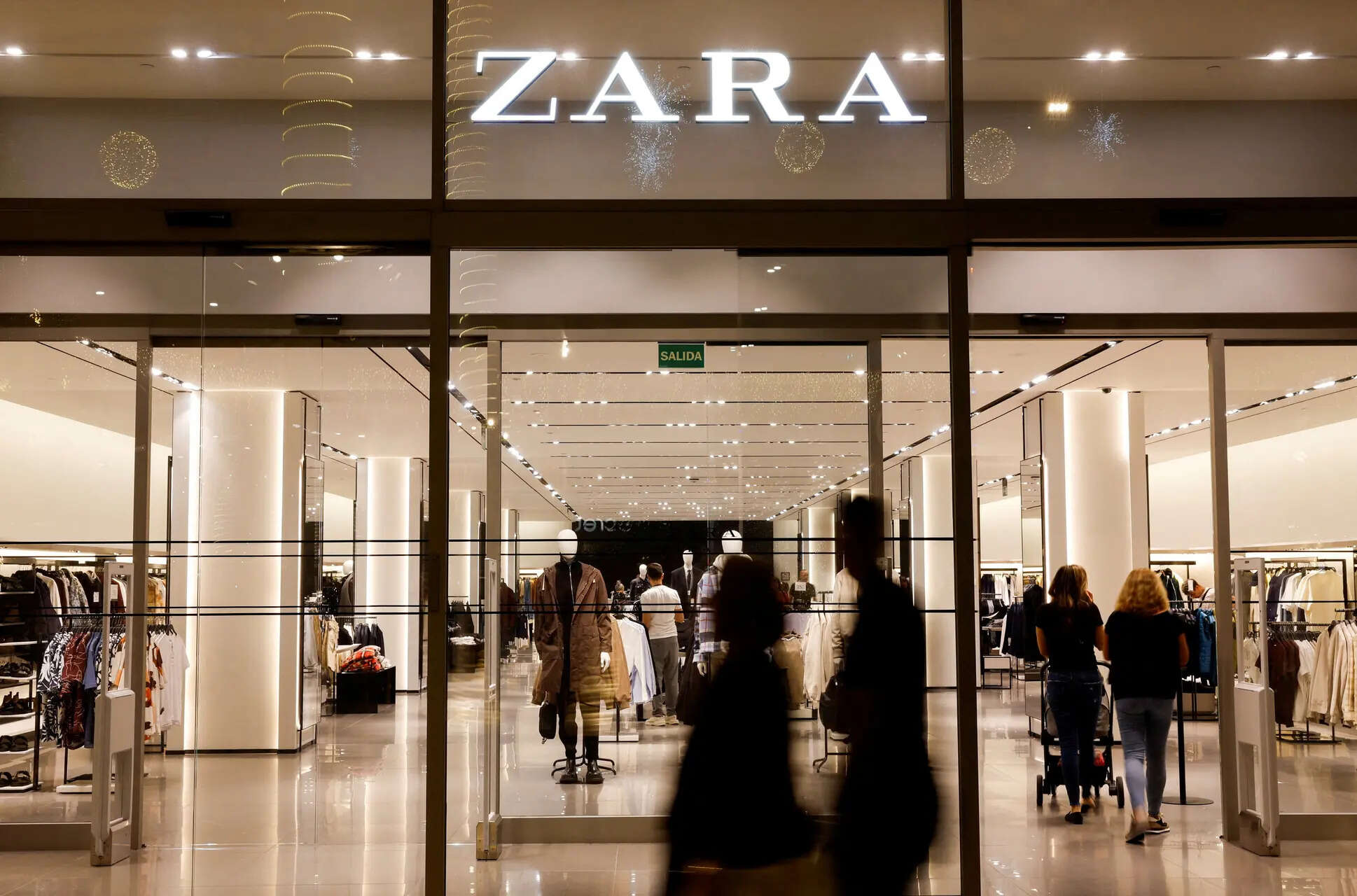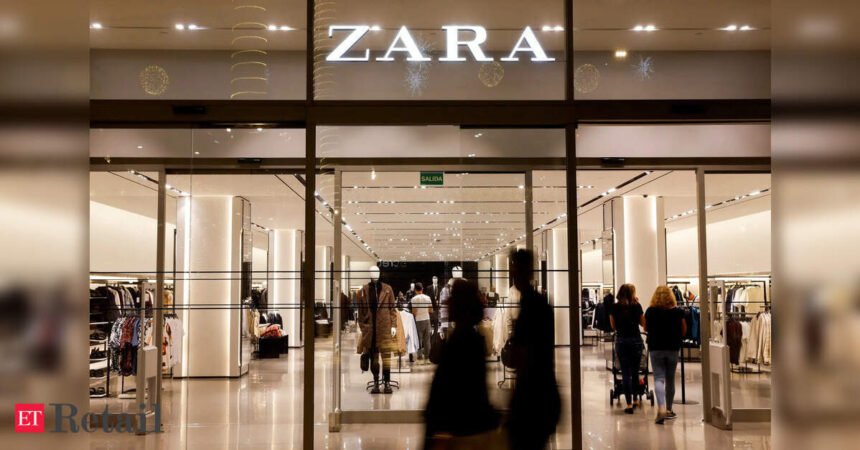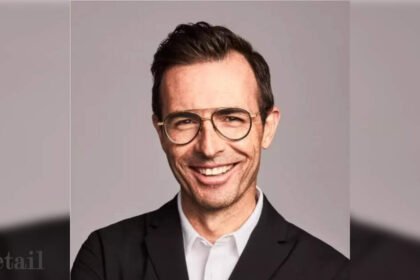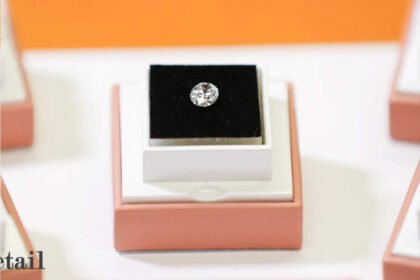
Spain’s Inditex, the owner of fashion brand Zara, saw its slowest ever sales growth in India, excluding the pandemic year, in FY25 as the world’s largest fashion group faced rising competition from global rivals in the clothing market that is increasingly getting cluttered.
Inditex Trent, its joint venture with Tata that runs 23 of Zara stores in India, saw revenue growth of less than a per cent to Rs 2,782 crore last fiscal, down from 8 per cent growth a year ago, according to Trent’s annual report. A year ago, it had sales of Rs 2771 crore. Net profit, however, was up at Rs 299 crore, a 23 per cent increase.
Zara has been a success since its arrival in the country more than a decade ago but after initially doubling sales every two years, the brand’s rate of expansion had come down in the past few years.
“FY25 was again a relatively challenging year for retail in India. Consumers faced multiple headwinds, including elevated inflation levels that impacted discretionary spends. Nevertheless, our brands continued to gain encouraging traction, including in several Tier 2 and Tier 3 geographies that we entered, ” P Venkatesalu, chief executive officer at Trent, said in the report.
Trent that runs Westside has shifted focus on its lower priced fast fashion brand Zudio, taking the total store count at 765 doors. Trent also has a separate association with the Inditex group to operate Massimo Dutti stores in India. The entity saw revenues fall slightly to Rs 100 crore in FY25, compared to Rs101 a year ago.
Being the world’s second most-populous country, India is an attractive market for apparel brands, especially with youngsters increasingly embracing western-style clothing. Most of Zara’s back-end and merchandise sourcing are handled by Inditex, while the Tata expertise is mainly for identifying real estate and locations.
“The said entities are obliged to source merchandise only from the Inditex Group. Also, the choice of product and related specifications are at the latter’s discretion. Further, the entities are dependent on the Inditex Group for permissions to use the said brands in India subject to its terms and specifications. Including in the context of brand ownership and the arrangements for merchandise supply, the company views its related commitments as a financial investment,” said the annual report.
In its latest annual report earlier this year, the Spanish group said it holds a call option to buy a 35 per cent stake in Inditex Trent Retail and 49 per cent in Massimo Dutti India, the two local joint ventures, from Tata Group’s Trent. “The strike price is set on the basis of the non-controlling shareholder’s share of the equity of the investee when the call option is exercised,” Inditex said in the report.
It did not specify any timeframe for exercising the options. Inditex Trent has replicated in India a model that has worked for Zara globally—creating affordable, copycat versions of the latest fashions or designer wear and making them available to shoppers in double-quick time. Inditex controls almost every bit of its operations, from design to distribution. If a new style is not a hit within a week, it goes off the shelves of their stores worldwide.
Trent also runs Trent Hypermarket, an equal joint venture between Tata and British retailer Tesco, which posted total sales of Rs 2,743 crore, an increase of 24 per cent .







